On April 23rd, a delegation from the National Association of Chief Accountants of Large and Medium-sized Enterprises, organized by the Ministry of Finance of the People's Republic of China, visited the Wuhan Institute of Industrial Innovation and Development (Wuhan Innovation Institute) for exchange and exploration. The delegation inspected innovation units, received special reports on technology transfer, and in the morning, visited the NBLST Alpaca Life Base for on-site observation and interaction with the adorable alpacas.
During this on-site visit and inspection, guided by the Market Director of NBLST's Life Department, Mr. Waali, a fascinating micro-journey into the realm of life sciences was unfolded, focusing on the contributions of these 'mythical creatures.' NBLST staff provided assistance, guidance, and answers throughout the journey.
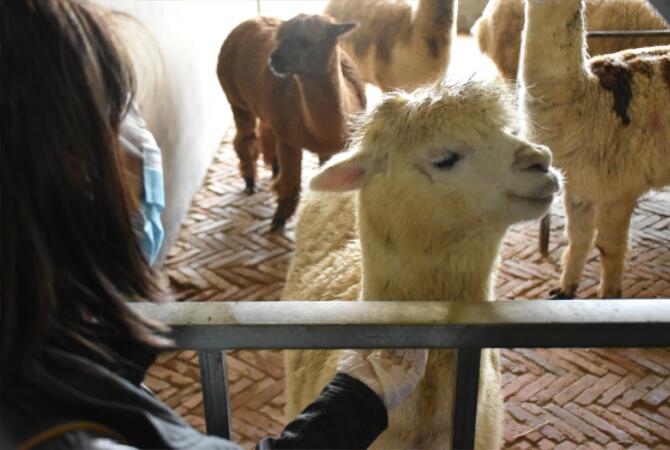
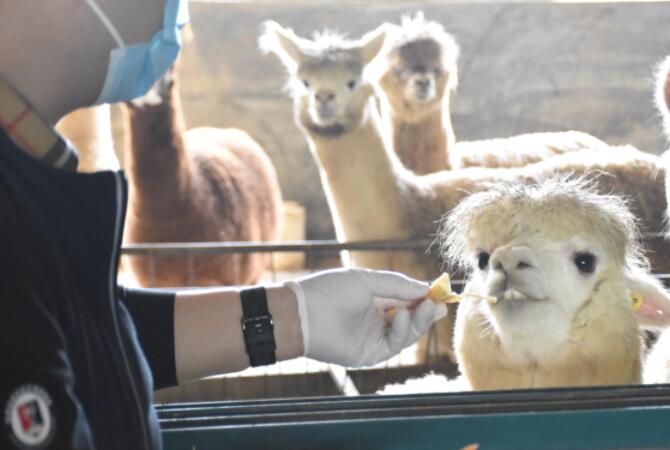
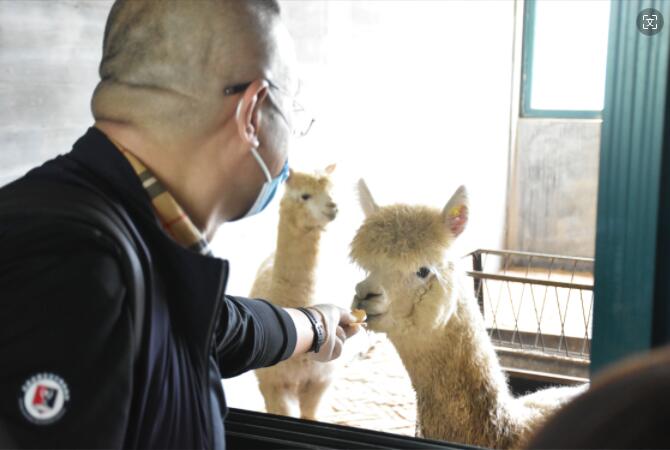
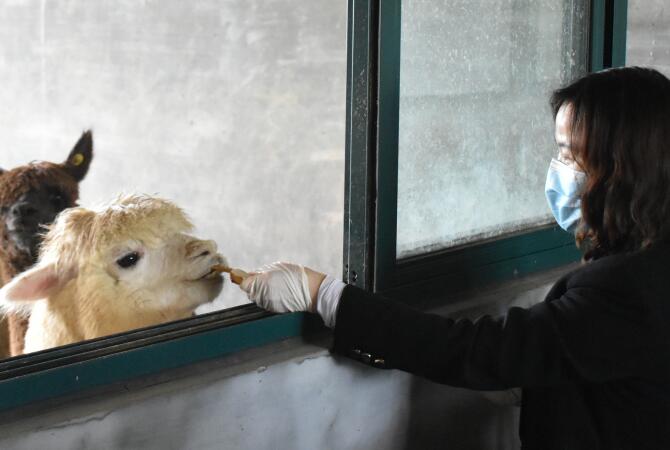
Figure 1: Delegates from the Senior Executive Class interacting closely with the alpacas
As one of the very few alpaca breeding and experimental bases in the central China region that meets the standards for experimental animals, NBLST Life manages all facilities and workflows within the base with high-quality animal management and a traceable breeding system. The breeding base is meticulously categorized and managed by professional personnel according to the standards for experimental animals. They devise breeding plans, supply feed, and implement disease prevention and control measures. Regular health examinations are conducted to ensure the well-being of the alpacas while they are being raised.
This journey not only showcased the achievements in experimentation and breeding at the NBLST Alpaca Base but also further deepened everyone's attention and understanding of alpacas and the microcosm of life.
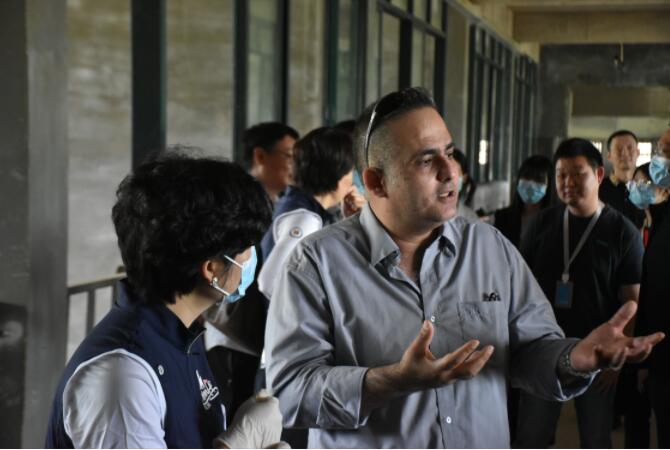
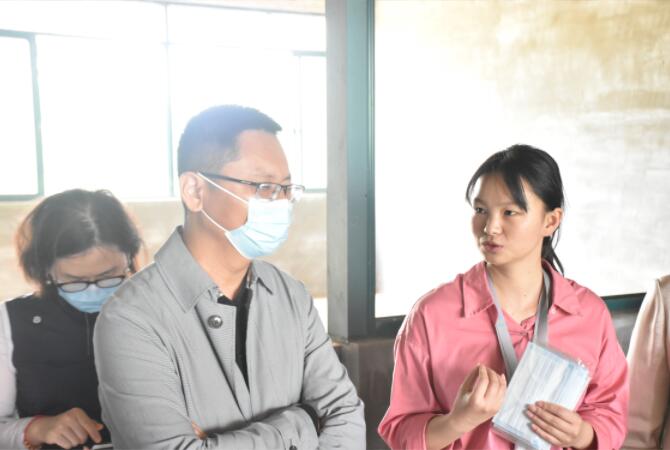
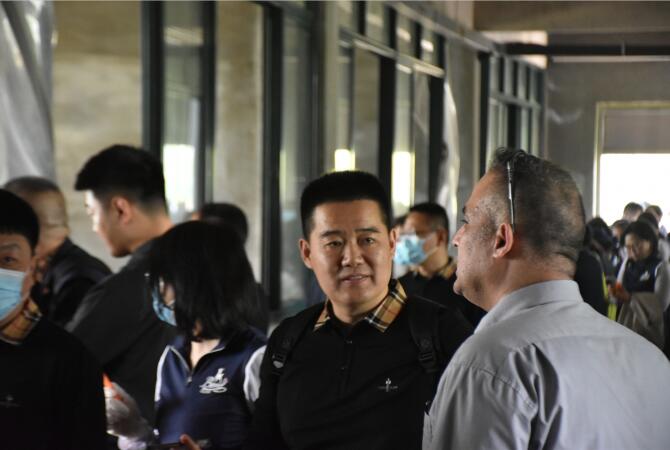
Figure 2: Mr. Ali Wari, Market Director of NBLST, and staff explaining alpaca breeding and nanobody-related knowledge to the audience
In the eyes of many, the role of the alpaca as a "mythical creature" may only be seen as a cute, silly, and saliva-spitting pet that roams in people's sight. However, what most people do not know is that alpacas possess a naturally occurring antibody in their peripheral blood that lacks a light chain. This antibody, approximately 2.4 nm in size, is the smallest known fragment capable of binding to antigens or target epitopes, known as nanobodies (Nbs).
These nanobodies can precisely and easily bind to target epitopes and can also easily penetrate the blood-brain barrier in the human body. In modern medical research, they are relatively widely used in the treatment of cancer, neurological disorders, cardiovascular diseases, as well as in research in the field of imaging diagnostics, possessing an immeasurable potential for scientific research.

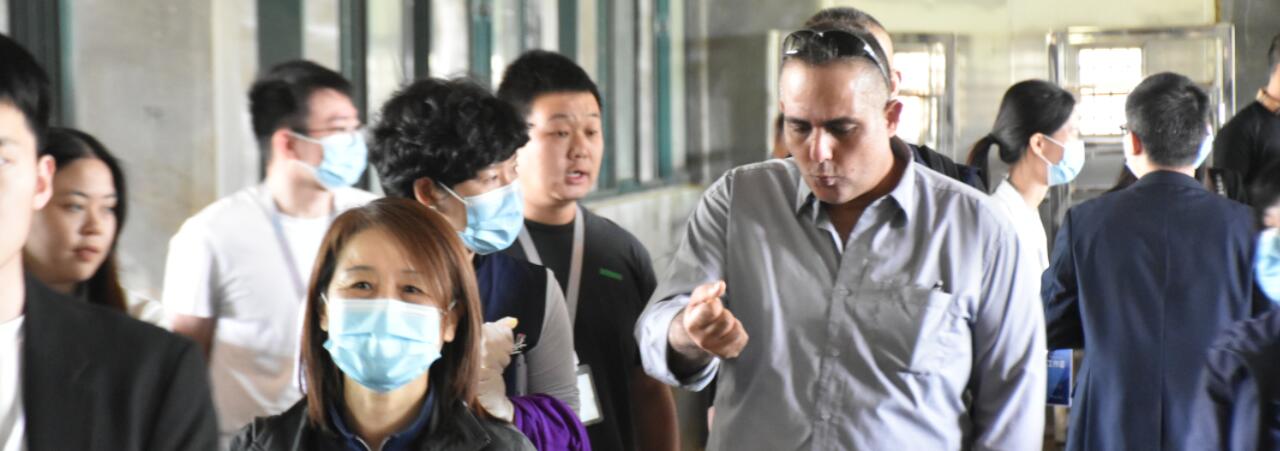
During the on-site visit and exchange, the Senior Executive Class delegation highly praised the facilities and management of the NBLST Alpaca Base, while also expressing a high level of interest and support for the nanobody industry.
Currently, China's research and industrial layout of nanobody technology are just beginning. As the nanobody industry platform of the Wuhan Institute of Industrial Innovation and Development, NBLST Life will continue to delve into this new generation of biotechnology, aiming to provide high-quality nanobody screening, development, transformation, and application services for scientific research institutions and biopharmaceutical companies in China. NBLST Life aims to break the technological barriers in China's biotechnology research and development field and strive to establish a foothold in the world.







